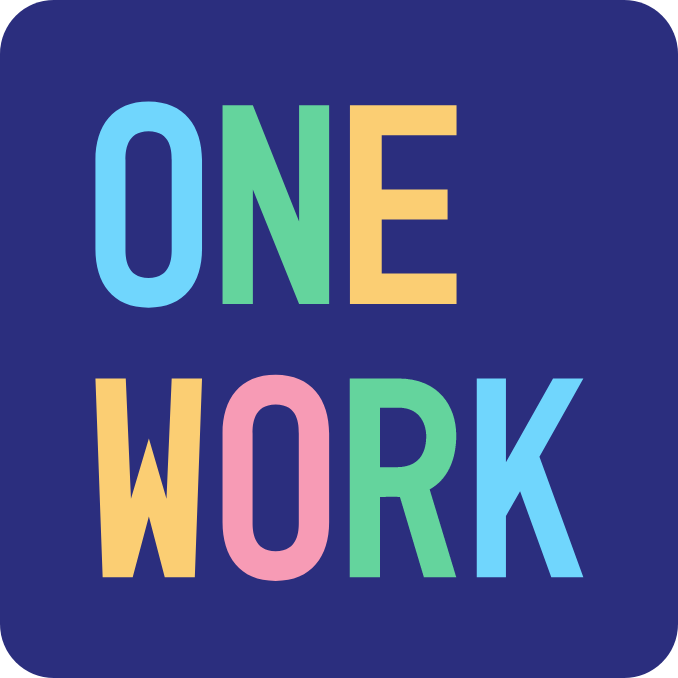Impactfully No. 88: Political Pedagogy
State legislatures are turning classrooms into red classrooms and blue classrooms, and scientists are testing moonshot ideas to protect the planet against climate change.

State legislatures are taking control over school curriculums to ensure their ideologies have a voice in classrooms. It's not just Republicans either – more on that below. We also take a look at some controversial climate change technologies and why we might be investing in them instead of in areas that we know make more of a difference.
Our job of the week is out of the world – and looking at it won't damage your vision. So take off those ever-so-fashionable eclipse glasses, and let's dive in.
~ Greg
What we're reading
School districts once had more freedom and flexibility to set their curriculums, but politicians in state capitols are exerting increasing control over pedagogy – all along ideological lines. (WaPo)
- Ultimately, there's only so much that can be taught in a school year. Something will always be left out – so who gets to decide what is taught?
- Increasingly, it's the politicians who decide. This Washington Post analysis is striking because it shows that both sides of the aisle are exerting their influence, albeit in different ways.
- One key trend is that red states tend to restrict the topics being taught. I've noted this in past issues of Impactfully – Florida and Alabama are restricting access to DEI education, for example.
- On the other hand, blue states tend to expand the topics being taught. That said, an expansion of topics comes at the expense of something else, and it's unclear from this analysis which topics aren't making the cut.
- I think it ought to be up to the school districts. They're closer to the kids and their needs, and educators have more experience with – ahem – education.
Scientists are testing a variety of moonshot technologies to combat climate change, including a "cloud brightening" technology designed to reflect sunlight back into the atmosphere. (NBC Bay Area)
- Cloud brightening uses sea salt aerosols to change the composition of clouds. Geoengineering in this way is controversial – if it even works – but I do think it's worth investing in these Plan B sort of technologies in case we miss our emissions reduction targets.
- That brings us to a different kind of controversy – why invest in these technologies when we have ones we know work? The energy sector is a great example – wind and solar power are readily available, and emissions from that sector have dropped significantly.
- Color of money is one issue. Government funding, for example, is earmarked for a particular purpose. Money to research cloud brightening or develop a carbon capture system is not necessarily the same as money to install community solar.
- The right incentives might not be in place either. When people or companies make a purchase, they're doing so after evaluating the value of that purchase. Sometimes it's purely financial, and sometimes it involves some set of intangible attributes – like spending more money at a public benefit corporation for B Corp because you want to support social impact efforts. Until the new technology outperforms the old – technically, financially, politically – it's unlikely to take hold.
Job of the week
Did you catch the eclipse yesterday? I love it whenever the cosmos captures our attention, and even though spaceflight may not seem like the most obvious route to social impact, research in orbit can make a big difference on our lives down below.
One company helping push commercialization of space missions is Voyager Space. They're backed by Unreasonable, a major investor in the social impact space, and Voyager has supported 2,000 missions to date. Many of their roles require a technical background, but they're also hiring for a Chief Operating Officer who will lead operations management and organizational development.
I love a good operations role because you get to work across the company with a lot of really talented people – enabling a sustainable future in space is the cherry on top!
Community roundup
- California's new minimum wage for fast food workers went into effect on April 1. Most employees will now earn at least $20 per hour. (ABC 7)
- The EPA is awarding a share of $20 billion to nonprofits that are part of the "green bank" movement. These nonprofits act as lenders to small businesses and individuals to develop clean energy improvements. (NYT)
- Disneyland is updating its Autopia ride from gas-powered vehicles to electric ones. (WaPo)
- I don't remember much from Disneyland when I was there, but funny enough, I do remember the exhaust smell at Autopia. Apparently I wasn't the only one, though the main driver appears to be Disney's goal of net-zero emissions by 2030.
- Another year, another election – and that means more conflict over voting rights. Recently, the ACLU and the Southern Poverty Law Center sued the state of Alabama over a law that prevents people from getting help filling out absentee ballots. (The Guardian)
- Diving remains one of the best ways to get up close and personal with some of Earth's most stunning natural habitats, but the majority of people don't know how to find sustainable diving operators. To that end, the Professional Association of Diving Instructors has set up an accreditation for diving operators that looks an awful lot like B Corp certification and emphasizes ocean conservation, sustainability, and community. (Fast Company)
- Measles cases have already surpasses last year's total, with outbreaks reported in Illinois, Florida, and Pennsylvania. (NBC)
Hot job opportunities
- Product Owner - Web and App – American Red Cross – Remote
- Supervisory IT Specialist – CDC – Dekalb County, GA
- Social Media Manager – Ambercycle – Los Angeles, CA
- Commercial Energy Efficiency Market Development Manager – Aeroseal – Remote
- Manager, Talent Development – KeHE – Naperville, IL
- Senior Front-End Engineer, Growth – Cabinet Health – Remote
- Marketing Lead – Modern Hydrogen – Remote
- Employee Engagement Partner – REI – Seattle, WA
- Sustainability Project Manager – Stok – San Francisco, CA, San Diego, CA, or Denver, CO
- Social Impact Data Analyst Summer Intern 2024 – EILEEN FISHER – Remote
Hiring for mission-driven talent? Post a job for free on our job board.
Looking for a job? Submit your resume to our talent pool, and let social impact companies come to you.
Resource of the week
If you want your next job to focus on conservation efforts, you're going to love this job board from Land Trust Alliance. As the name implies, the Land Trust Alliance support land trusts around the country – nearly 1,000 of them. Their job board sources opportunities across the alliance in one convenient location.
A lot of these land trusts offer volunteer opportunities as well. You're probably aware that referrals improve your chances of getting hired, so you might want to check out their volunteering page. It gives you a chance to get to know the organization before you apply and might help you get your foot in the door.
Test your knowledge
Last week's question dug into the history of the "triple bottom line" concept which has influenced many a social enterprise since its introduction. It dates back to 1994 – John Elkington, a business management consultant, coined the term while working at a sustainability think tank.
Last week, World Central Kitchen made headlines under the worst possible circumstances when seven aid workers were killed in Israel when a missile struck their vehicle. To help spotlight their work and the ways you can help, I wanted to give them a prominent space in the newsletter this week.
WCK works in countries around the world to deliver emergency food relief – not just in the Middle East. They've been supporting Ukrainians since the Russian invasion started. To date, how many meals have been served as part of Chefs For Ukraine?
If you'd like to contribute to their mission, you can do so here. They're also hiring for a handful of corporate roles in Washington, DC.
I am trying to decide whether Paka is pronounced PAH-kuh or PAK-uh. Given the alpacas involved, I'm leaning towards the latter. You can find me on LinkedIn and Threads.
